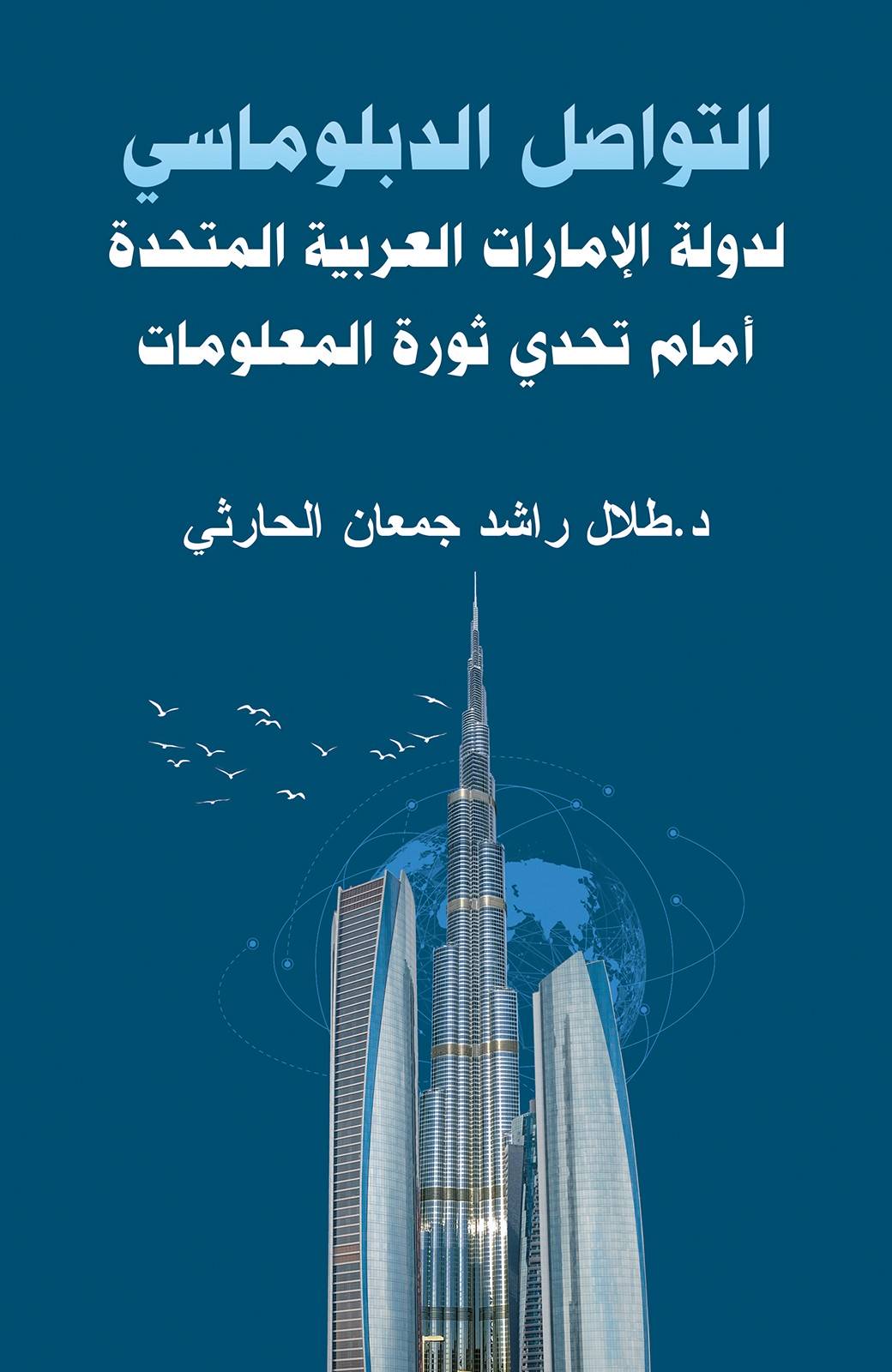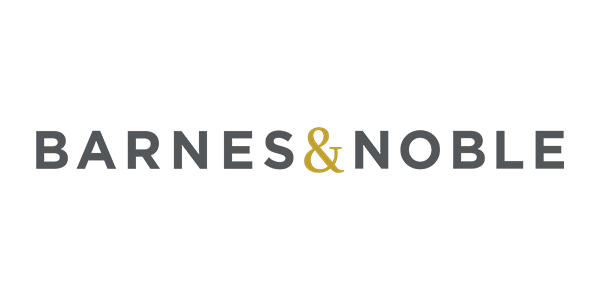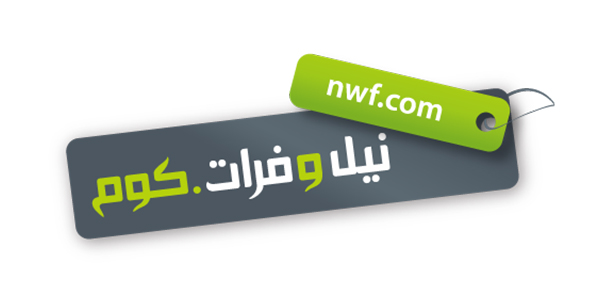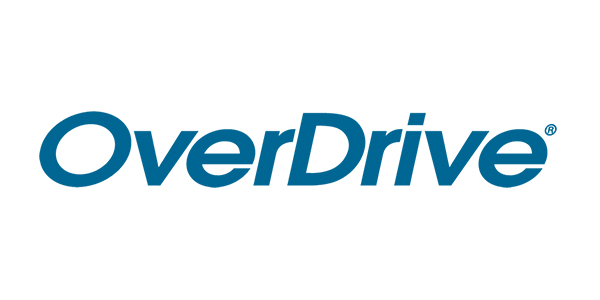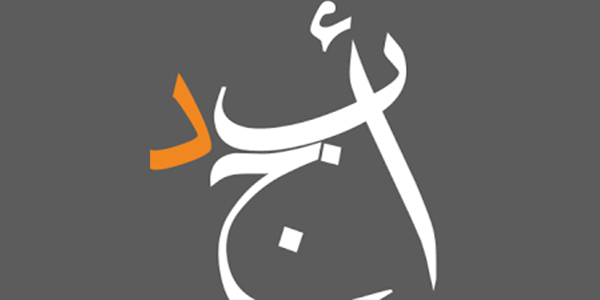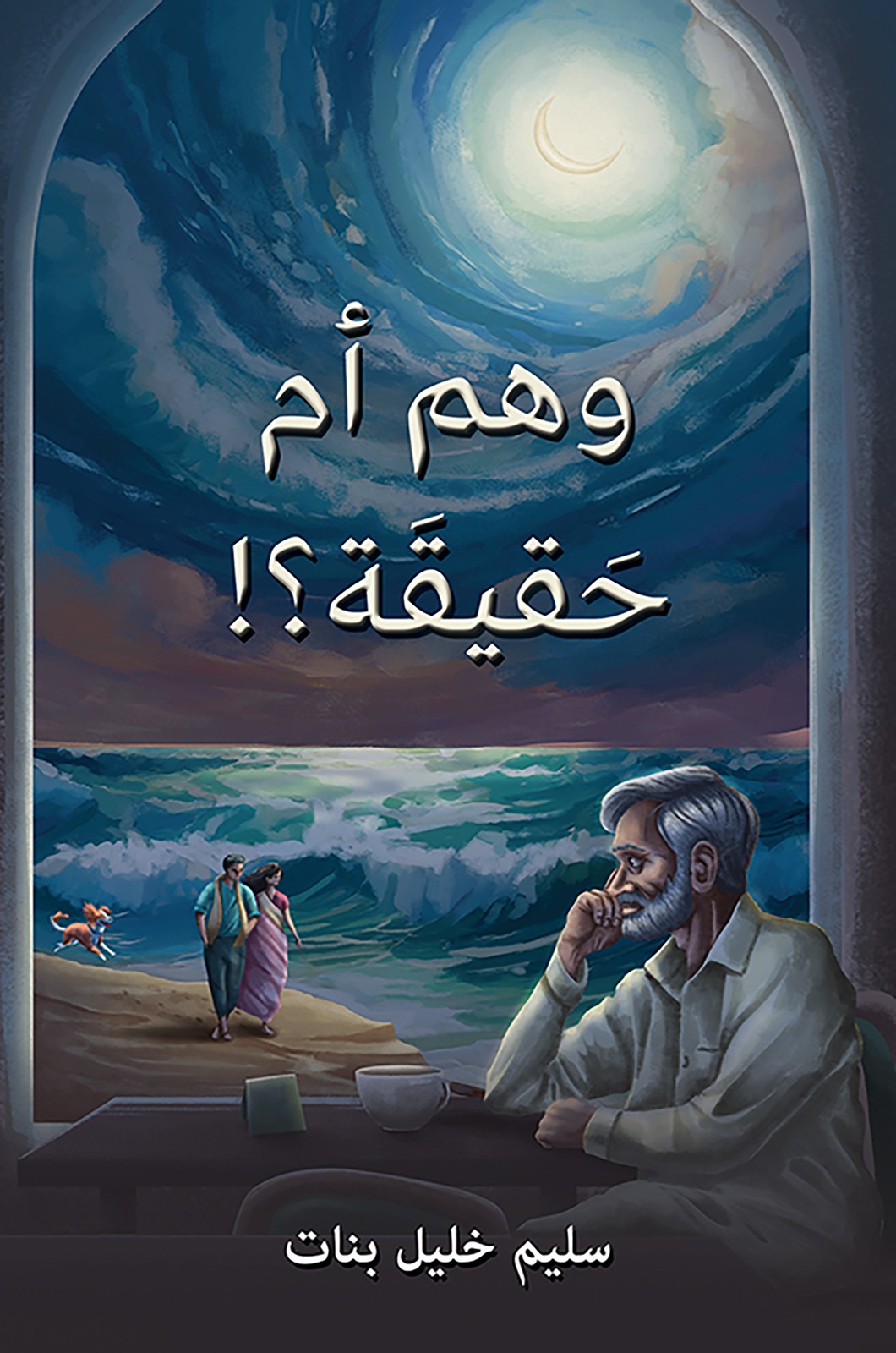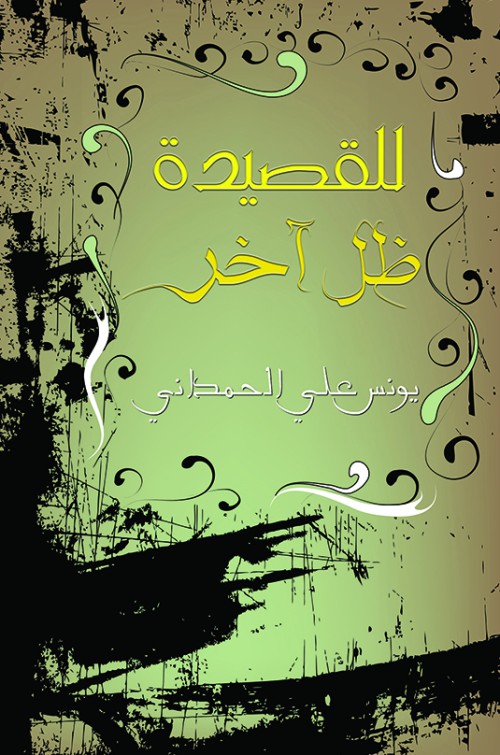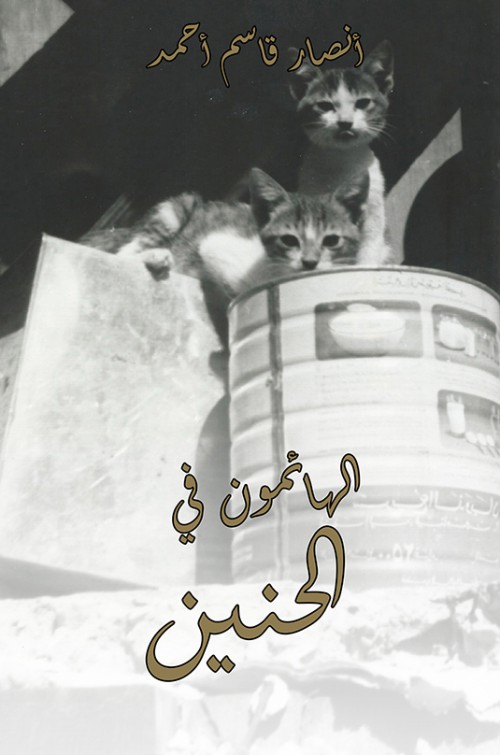The topic of smart communication, particularly in modern societies, holds significant importance in executing tasks and communication duties using electronic and digital networks. This has enabled the entry of diplomatic institutions into the virtual world of communication. As an active member and partner in this system, it is not surprising that these institutions are affected by these changes to avoid falling behind.
Consequently, they have sought to obtain smart privileges to carry out their local and international missions. The UAE’s diplomacy has not been exempt from this influence, having engaged in a substantial process of modernization and technological upgrading of its operations. It increasingly relies on digital media, communication networks, and smart applications to advocate for the country’s external propositions and to provide diplomatic and consular services to Emirati citizens. This readiness has positioned it among the leading countries in the realm of modern diplomatic communication.
Highlighting the modern diplomatic role of the United Arab Emirates, we observe that the varying stages of development it has undergone over the past decades have contributed to the shift from traditional to smart diplomacy, relying on digital and smart means to offer services to both local and international communities.

